Table of content
Introduction
Boiling eggs is a simple yet crucial culinary task that many people perform daily. Whether you’re making breakfast, preparing a snack, or cooking for a larger meal, boiled eggs are a versatile and nutritious choice. However, there’s a long-standing debate among home cooks and professional chefs alike about the best method for boiling eggs: should you start with cold water or hot water? This question might seem trivial to some, but it actually has a significant impact on the final texture, cooking time, and ease of peeling the eggs. In this article, we’ll explore both methods in detail, examining their pros and cons, and providing scientific explanations to help you make an informed decision.
Understanding the Science Behind Boiling Eggs
Before diving into the specifics of each boiling method, it’s essential to understand the science behind what happens when an egg is cooked. An egg consists of several layers: the shell, the inner and outer membranes, the albumin (the white part), and the yolk. When an egg is heated, the proteins in both the albumin and the yolk undergo a process called denaturation, which changes their shape and texture.
The denaturation process starts at around 140°F (60°C) and becomes more pronounced as the temperature increases. The albumin denatures faster than the yolk, which is why the white part of the egg firms up before the yolk. The key to perfect boiled eggs lies in controlling the cooking temperature and time to achieve the desired consistency for both the white and the yolk.
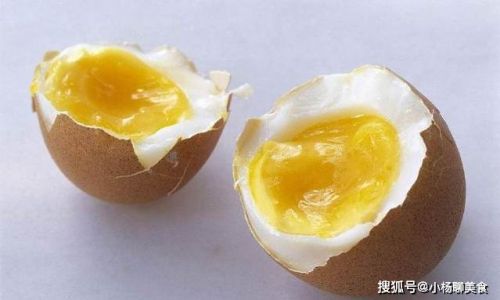
Boiling Eggs in Cold Water
Method Overview
The cold water method involves placing eggs in a pot of cold water, bringing the water to a boil, and then letting the eggs cook for a specific amount of time. Here’s a step-by-step guide:
- Place Eggs in Cold Water: Start by placing your eggs in a pot and covering them with at least an inch of cold water.
- Bring to a Boil: Turn the heat on high and bring the water to a rolling boil.
- Cooking Time: Once the water boils, reduce the heat to a simmer and cook the eggs for the desired amount of time. For soft-boiled eggs, cook for about 4-5 minutes. For medium-boiled eggs, cook for 6-7 minutes. For hard-boiled eggs, cook for 9-12 minutes.
- Cool Down: Remove the eggs from the heat and let them sit in the hot water for an additional minute before transferring them to an ice water bath to stop the cooking process.
Pros
- Even Cooking: Starting with cold water ensures that the eggs heat up gradually, which helps in achieving a more even cook throughout the egg.
- Prevents Cracking: The gradual increase in temperature reduces the risk of the eggs cracking due to rapid expansion of the proteins inside.
- Easier Peeling: Many people find that eggs cooked in cold water are easier to peel because the proteins in the white shrink slightly away from the shell as they cool down.
Cons
- Longer Cooking Time: The overall cooking time is longer because you need to wait for the water to come to a boil.
- Temperature Control: It can be more challenging to maintain a consistent cooking temperature once the water reaches a boil, especially if you’re not using a stove with precise temperature control.
Boiling Eggs in Hot Water
Method Overview
The hot water method involves bringing a pot of water to a boil before adding the eggs. Here’s how it’s done:
- Boil Water: Fill a pot with water and bring it to a rolling boil.
- Add Eggs: Carefully lower the eggs into the boiling water using a spoon or ladle to prevent them from cracking against the side of the pot.
- Cooking Time: Cook the eggs for the desired amount of time, adjusting based on your preference for soft, medium, or hard-boiled eggs. As a general guideline, start with 6-7 minutes for soft-boiled, 8-9 minutes for medium-boiled, and 10-12 minutes for hard-boiled.
- Cool Down: Remove the eggs from the boiling water and immediately transfer them to an ice water bath to stop the cooking process.
Pros
- Faster Cooking Time: Since the water is already boiling, the eggs start cooking immediately, reducing the overall cooking time.
- Temperature Consistency: Once the water is boiling, the temperature remains relatively consistent, making it easier to control the cooking process.
Cons
- Higher Risk of Cracking: Adding cold eggs to boiling water can cause them to crack due to the rapid temperature change, which causes the proteins inside to expand quickly.
- Peeling Difficulty: Some people find that eggs cooked in boiling water are harder to peel because the proteins in the white may stick more tightly to the shell.
Comparing the Methods: A Detailed Analysis
Texture and Consistency
Both methods can produce eggs with a variety of textures, from runny yolks to fully set whites, depending on the cooking time. However, the cold water method tends to yield more evenly cooked eggs, with a smoother texture in both the white and the yolk. This is because the gradual increase in temperature allows the proteins to denature more uniformly.
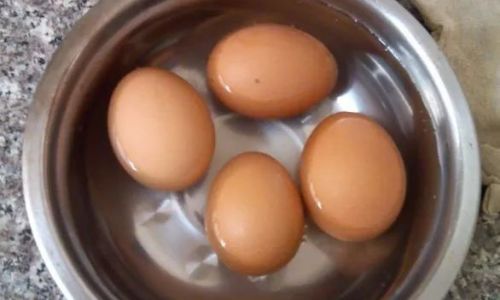
Cooking Time and Efficiency
The hot water method is undoubtedly faster, especially if you’re in a rush and need to boil multiple eggs quickly. However, the cold water method offers a more controlled cooking environment, making it easier to achieve consistent results.
Cracking and Peeling
Cracking is a common issue with both methods, but it’s more prevalent with the hot water method. The rapid temperature change can cause the eggshells to crack, allowing water to seep in and potentially ruin the texture of the egg. As for peeling, opinions vary, but many people find that eggs cooked in cold water are easier to peel due to the slight shrinkage of the proteins in the white as they cool.
Nutritional Considerations
Nutritionally, there’s no significant difference between eggs cooked in cold water and those cooked in hot water. Both methods will denature the proteins and cook the egg to a safe temperature, killing any potential bacteria. However, overcooking can lead to a loss of some nutrients, particularly in the yolk, so it’s important to cook eggs to your preferred doneness and not beyond.
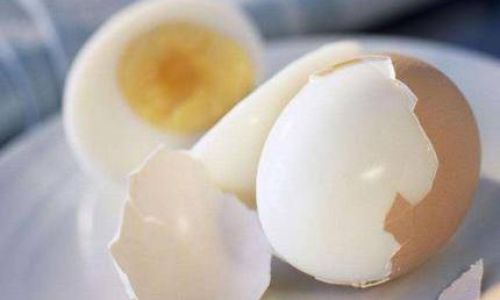
Practical Tips for Perfect Boiled Eggs
Regardless of which method you choose, there are a few tips that can help you achieve perfect boiled eggs:
- Use Fresh Eggs: Fresher eggs are easier to peel because the proteins in the white haven’t had time to bond tightly to the shell.
- Add a Pinch of Salt: Adding a pinch of salt to the boiling water can help to prevent the eggs from cracking.
- Use an Ice Water Bath: Always transfer the cooked eggs to an ice water bath immediately after cooking to stop the cooking process and prevent overcooking.
- Gently Tap the Eggs: Before peeling, gently tap the eggs all over with the back of a spoon to create small cracks in the shell. This will help the air pockets inside the egg expand, making it easier to peel.
Conclusion
The debate about whether to boil eggs in cold water or hot water is unlikely to end anytime soon. Both methods have their advantages and disadvantages, and the best choice ultimately depends on your personal preferences and cooking needs. If you’re looking for evenly cooked eggs with a smooth texture and an easier peeling experience, the cold water method might be the way to go. However, if you’re short on time and don’t mind a slightly higher risk of cracking, the hot water method offers a faster and more efficient alternative.
Ultimately, the key to perfect boiled eggs is to experiment with both methods and find what works best for you. With a bit of practice and attention to detail, you’ll be able to achieve consistently delicious results, whether you’re making a simple breakfast for one or a larger meal for a crowd. So, the next time you reach for a carton of eggs, remember: the choice is yours, and there’s no wrong way to boil an egg—as long as it’s cooked to your liking and enjoyed with delight.
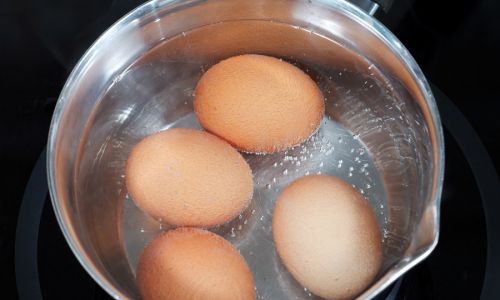



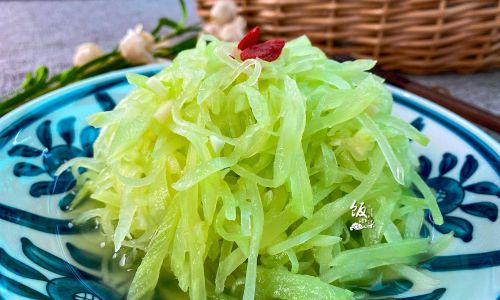

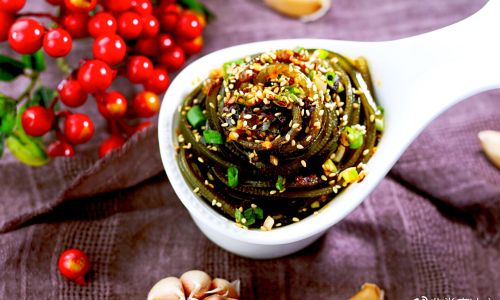
0 comments